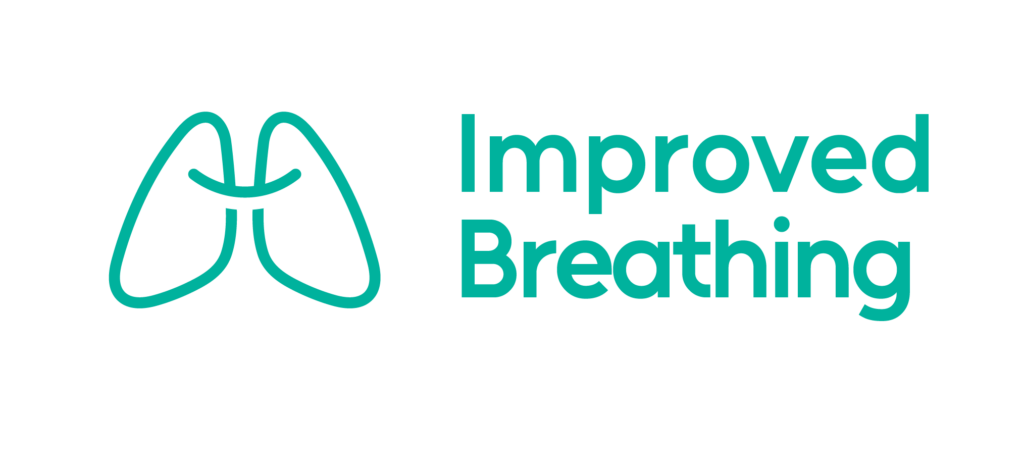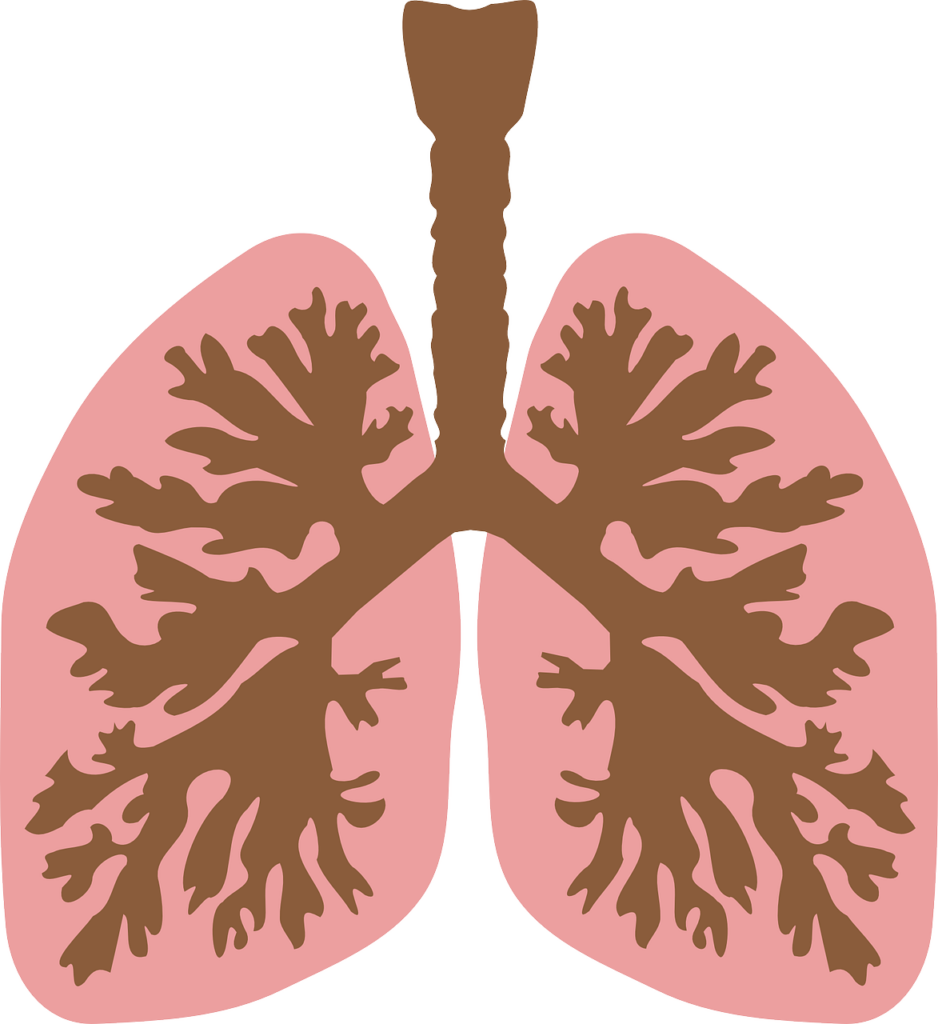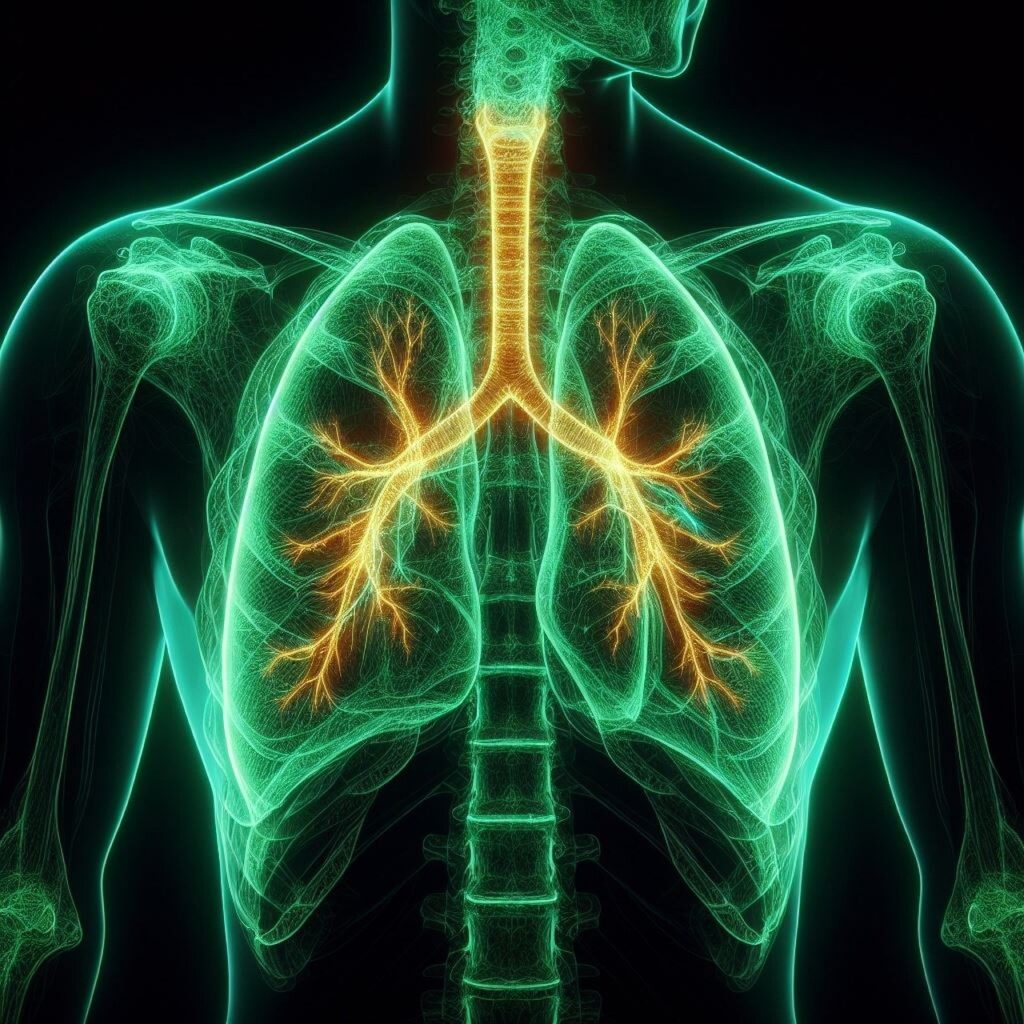Low blood oxygen, also known as hypoxemia, is a condition that occurs when there isn’t enough oxygen circulating in your bloodstream. This can be especially concerning for individuals with long-term lung conditions such as Chronic Obstructive Pulmonary Disease (COPD) and Emphysema. In this blog post, we’ll explore what low blood oxygen is, its causes, symptoms, and how it can affect your overall health.
What is Low Blood Oxygen? Oxygen is essential for our body’s cells to function properly. When we breathe, our lungs absorb oxygen from the air and transfer it into the bloodstream. The blood then carries the oxygen to various organs and tissues throughout the body. Low blood oxygen refers to a condition where the oxygen levels in your blood are lower than normal.
Causes of Low Blood Oxygen
There are several reasons why you may experience low blood oxygen levels:
- Lung conditions: COPD, Emphysema, and other chronic lung diseases can make it difficult for your lungs to absorb enough oxygen from the air you breathe.
- Heart problems: Certain heart conditions can reduce the amount of blood pumped to the lungs, leading to low oxygen levels.
- Sleep disorders: Conditions like sleep apnea can cause brief pauses in breathing during sleep, resulting in lower oxygen levels.
- High altitudes: At higher elevations, the air is thinner, making it harder for your lungs to take in sufficient oxygen.
Symptoms of Low Blood Oxygen
The symptoms of low blood oxygen can vary from person to person, but common signs include:
- Shortness of breath
- Rapid breathing
- Confusion
- Headaches
- Dizziness
- Chest pain
- Bluish discoloration of the skin (cyanosis)
If you experience any of these symptoms, it’s essential to contact your healthcare provider promptly.
How Low Blood Oxygen Affects Your Health
When your body doesn’t receive enough oxygen, it can lead to various health complications:
- Strain on the heart: Low oxygen levels force your heart to work harder to pump oxygenated blood throughout your body, potentially leading to heart failure.
- Brain dysfunction: Your brain requires a constant supply of oxygen to function correctly. Low oxygen levels can cause confusion, memory problems, and, in severe cases, brain damage.
- Organ damage: Prolonged oxygen deprivation can harm vital organs such as the liver, kidneys, and digestive system.
- Increased risk of infections: Low oxygen levels can weaken your immune system, making you more susceptible to infections and illnesses.
Managing Low Blood Oxygen
If you have a chronic lung condition like COPD or Emphysema, it’s crucial to work closely with your healthcare provider to manage your oxygen levels. Some strategies include:
- Oxygen therapy: Supplemental oxygen can help increase the amount of oxygen in your bloodstream.
- Pulmonary rehabilitation: This program combines exercise, education, and support to help you manage your lung condition and improve your quality of life.
- Lifestyle changes: Quitting smoking, maintaining a healthy diet, and exercising regularly (as approved by your doctor) can help improve your lung function.
- Regular check-ups: Monitoring your oxygen levels and overall health through regular check-ups is essential for catching any potential complications early.
Final Words
Low blood oxygen is a serious condition that can significantly impact your health, especially if you have a chronic lung disease like COPD or Emphysema. By understanding the causes, symptoms, and effects of low blood oxygen, you can take proactive steps to manage your condition and maintain a better quality of life. If you have concerns about your oxygen levels, don’t hesitate to reach out to your healthcare provider for guidance and support.














